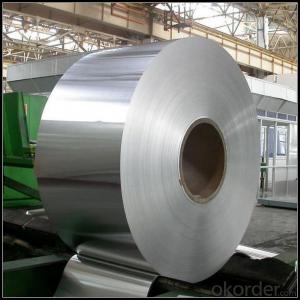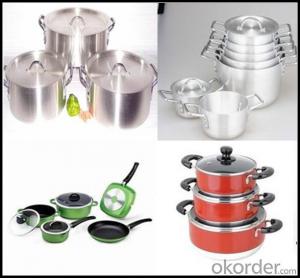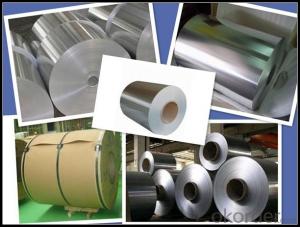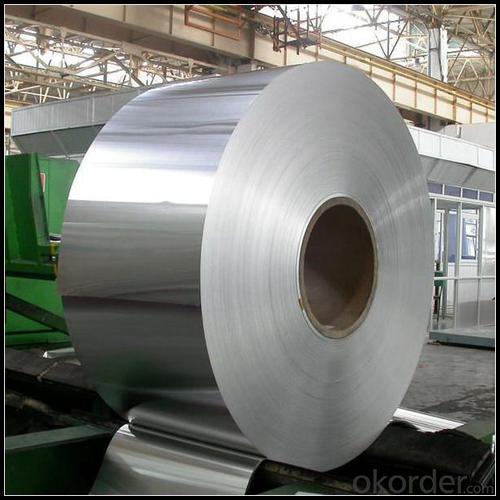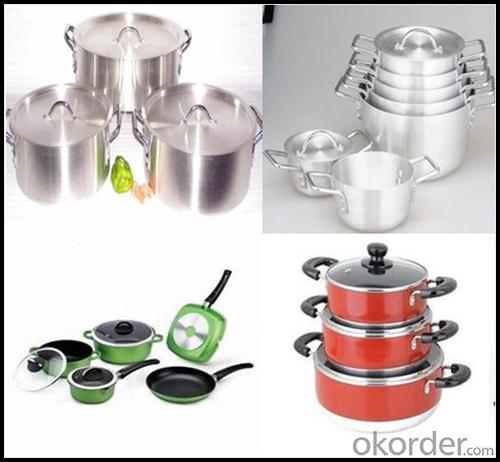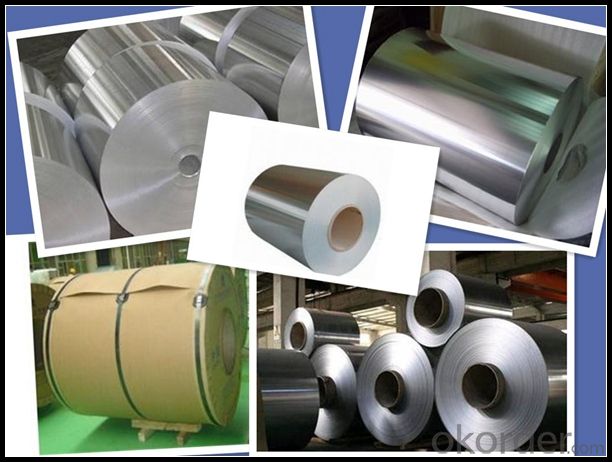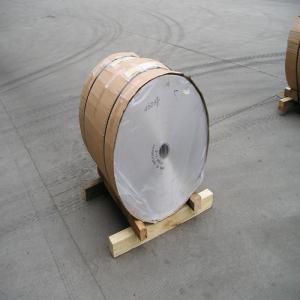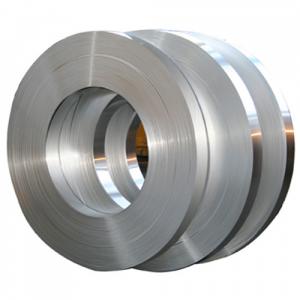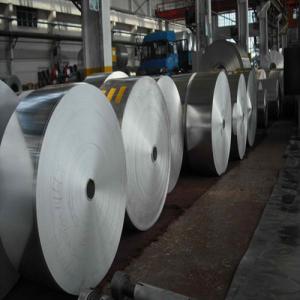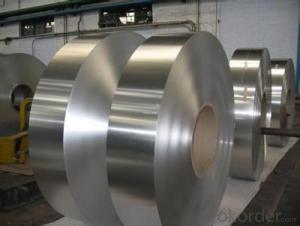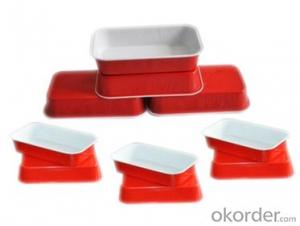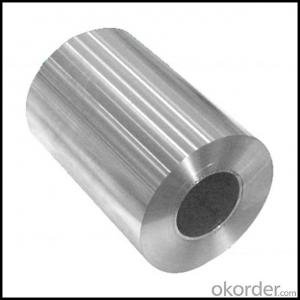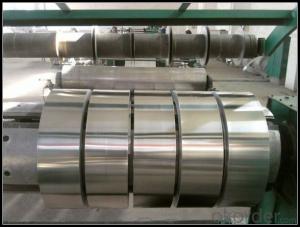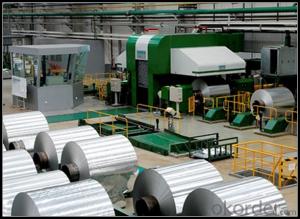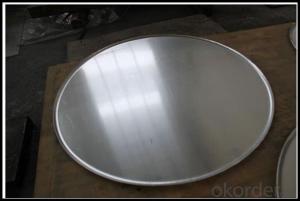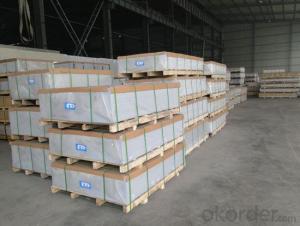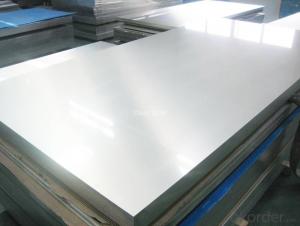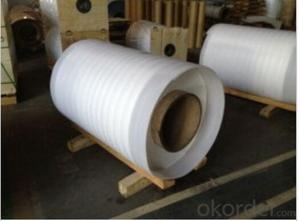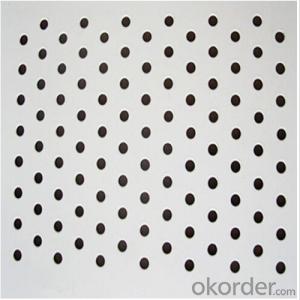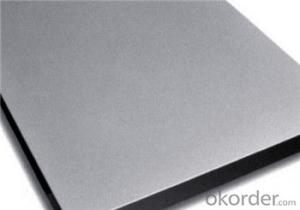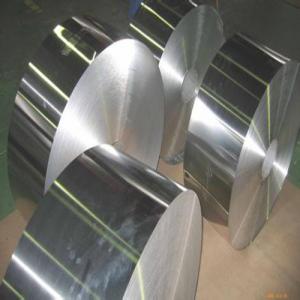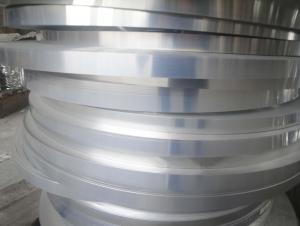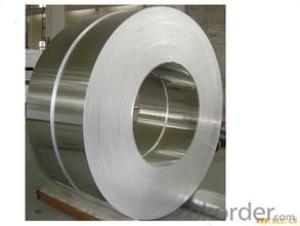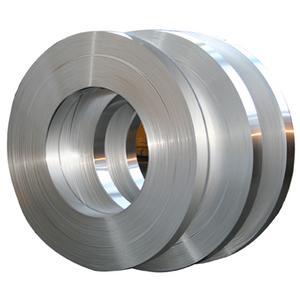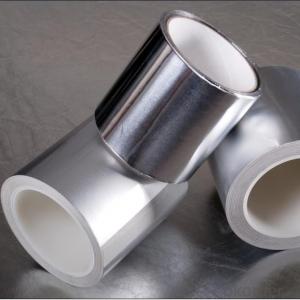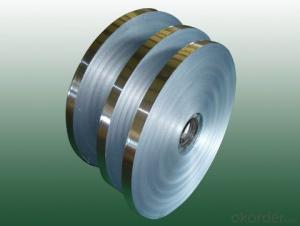Gold Aluminum Strips A1050 Aluminum Sheet for Building, Decoration, Cookware
- Loading Port:
- Tianjin
- Payment Terms:
- TT OR LC
- Min Order Qty:
- 1 m.t.
- Supply Capability:
- 4999 m.t./month
OKorder Service Pledge
OKorder Financial Service
You Might Also Like
Specification
1. Specification of Aluminum
1) Alloy | 1050, 1060,1100, 3003 3004 3105 3005 5005 5052 etc |
2) Temper | O/H12/H14/H1/H18/H32/H34/H36/H38//H111/H112/H116/H321/T6/T651/T3/T351 etc |
3) Thickness | 0.1mm to 6mm |
4) Width | 20mm to 3300mm |
5) Coil weight | 100kgs to 6 tons depends on actual requirement |
6) Core material | Aluminum alloy |
7) Coil Inner diameter | 76mm, 152mm,or as required |
2. Application of Aluminum
(1).Interior: wall cladding, ceilings, bathrooms, kitchens and balconies, shutters, doors...
(2).Exterior: roofing, canopies, tunnels,column covers , renovations...
(3).Advertisement: display platforms, signboards, fascia, shop fronts...
3. Feature of Aluminum
Aluminium extrusions are also found in the engine compartment. Diesel engines have become more and more popular over the last decade and some highly innovative solutions have led to aluminium extrusions being used for the fuel rails.Anodised aluminium is now fashionable as a design statement in car interiors with many interior finishes and accessories exhibiting that brushed silver appearance of anodised aluminium –scratch resistance, ease of cleaning and recylability being additional benefits.
On trains nowadays the newest railway carriages are made in their entirety from 20 metre long aluminium extrusions welded together to make the entire carriage body. The handrails, luggage racks and seats are all likely to be aluminium extrusions as well.
4. Certificate:
SGS and ROHS(if client request, paid by client), MTC(plant provided), Certificate of Origin(FORM A, FORM E, CO), Bureau Veritas and SGS (if client request, paid by client), CIQS certificate
5. Image of Aluminum
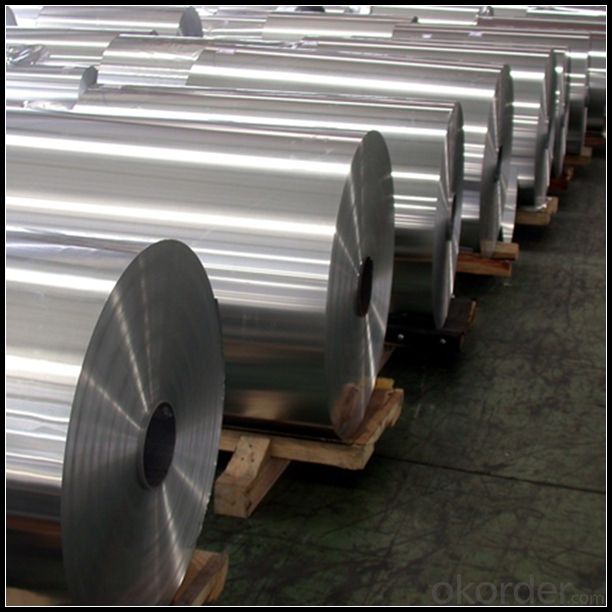
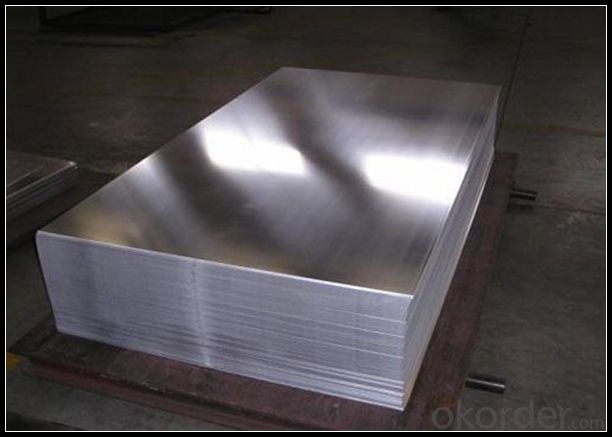
6. Our Service
1. Reply your enquiry in 24 working hours. |
2. OEM, buyer design, buyer label services provided. |
3. Exclusive and unique solution can be provide to our customer by our well traned and professional engineers and staffs. |
4. We can provide free sample for your check |
5. We have the certification of ISO 9001 |
6. Timely delivery |
7. Special discount and protection of sales area provided to our distributor. |
8. Good after-sale service. |
7. FAQ
Q: What is the produce prase? | ||||
A: Normally it would be 40days after received your deposit. | ||||
Q: Can you provide free samples? | ||||
A: Yes, free samples will be sent to you on freight at destination. | ||||
Q: Can I get your latest catalogue? | ||||
A: Yes, it will be sent to you in no time. | ||||
Q: What is the MOQ? | ||||
A: 3 tons | ||||
Q: What are your payment terms? | ||||
A: We accept L/C, D/A, D/P, T/T, West Union,etc. |
- Q: Is it possible to utilize aluminum strips for creating signs or banners?
- <p>Yes, you can use aluminum strips to make signs or banners. Aluminum is lightweight, durable, and resistant to weather, making it a popular choice for outdoor signage. It can be cut, bent, and shaped easily to create various designs. Additionally, aluminum strips can be painted or printed on, allowing for customization with text and graphics. However, ensure that the aluminum is of the appropriate thickness and quality for your specific project to maintain its structural integrity and longevity.</p>
- Q: This question asks about the impact of temperature on the performance of aluminum strips used in construction.
- <p>Temperature significantly affects the performance of aluminum strips in construction. At low temperatures, aluminum becomes more brittle, reducing its ductility and increasing the risk of cracking or breaking under stress. Conversely, high temperatures can cause aluminum to lose strength and become more susceptible to deformation. It's crucial to maintain optimal working temperatures to ensure the structural integrity and longevity of aluminum components. Additionally, temperature fluctuations can lead to thermal expansion and contraction, affecting the fit and alignment of aluminum strips, potentially causing gaps or misalignments in constructions.</p>
- Q: This question asks for a comparison of the pros and cons associated with the use of aluminum strips in roofing systems.
- <p>Aluminum strips in roofing offer several advantages such as durability, resistance to corrosion and rust, lightweight nature, and low maintenance requirements. They are also energy-efficient, reflecting heat and reducing cooling costs. Additionally, aluminum strips can be easily recycled, contributing to environmental sustainability. However, there are downsides, including higher initial costs compared to other roofing materials and potential for denting if not properly installed or maintained. Aluminum can also be noisy during rain, and may require more frequent replacement due to its lighter gauge compared to some other materials.</p>
- Q: This question asks for a comparison of various types of aluminum siding used in construction, highlighting their unique characteristics and differences.
- <p>Aluminum siding comes in various types, each with unique properties. Interlock siding features overlapping panels for better protection against weather. Insulated siding offers thermal efficiency with a foam core. Vertical siding is known for its traditional look and is often used in commercial settings. Shake-style siding mimics the appearance of wood shakes, providing a rustic aesthetic. Soffit siding is designed for use around windows and eaves, offering a clean finish. Each type varies in terms of durability, maintenance requirements, and cost, with applications ranging from residential to commercial construction.</p>
- Q: Is it possible to utilize aluminum strips in the construction of bicycle frames?
- <p>Yes, aluminum strips can be used for bicycle frames. Aluminum is a popular material for bicycle frames due to its lightweight, high strength, and good corrosion resistance. It offers a good balance between weight and durability, making it suitable for various types of bicycles, including road, mountain, and hybrid bikes. Aluminum frames are also known for their ability to absorb road vibrations, providing a smoother ride.</p>
- Q: What other materials could potentially be used in place of aluminum strips for specific uses?
- <p>Yes, there are alternative materials that can replace aluminum strips in certain applications. These include stainless steel, which offers high strength and corrosion resistance; copper, known for its excellent electrical conductivity; magnesium alloys, which are lightweight and have good thermal conductivity; and titanium, prized for its strength and resistance to corrosion. The choice of material depends on the specific requirements of the application, such as strength, weight, cost, and environmental factors.</p>
- Q: What kind of aluminum strip is most suitable for use as exterior trim, considering factors like durability and weather resistance?
- <p>The best type of aluminum strip for exterior trim is typically one made from high-quality aluminum alloy, such as 6063-T5 or 6061-T6. These alloys offer excellent strength, durability, and resistance to corrosion. They are also lightweight and can withstand various weather conditions without rusting or fading. Additionally, these aluminum strips often come with a protective coating or anodized finish, which enhances their resistance to UV rays, scratches, and other environmental factors. It's important to choose a strip that has been specifically designed for exterior use to ensure long-lasting performance.</p>
- Q: What types of aluminum strips are best suited for specific applications?
- <p>Yes, there are various types of aluminum strips tailored for specific purposes. For instance, 1100 series aluminum strips are known for their high ductility and are often used for deep drawing applications. 3003 series is popular for its corrosion resistance and is commonly used for chemical equipment and food processing. 5052 series offers good formability and is used in marine applications and aircraft structures. 6061 series is strong and often used in structural applications such as truck beds and window frames. Each type has distinct properties that make it suitable for different industries and applications.</p>
- Q: Explain the distinction between aluminum foil and aluminum strips, including their typical uses and characteristics.
- <p>Aluminum foil and aluminum strips are both made from aluminum but differ in thickness and application. Aluminum foil is very thin and flexible, typically used for food packaging, cooking, and insulation due to its light weight and barrier properties. It is often found in kitchens for wrapping food or lining baking sheets. Aluminum strips, on the other hand, are thicker and more rigid, used for structural purposes, such as in construction, automotive parts, or electrical components. They are also used in manufacturing for creating more durable and robust products. The thickness and flexibility of aluminum strips make them suitable for applications requiring strength and shape retention.</p>
- Q: Is the use of aluminum strips considered to be eco-friendly?
- <p>Aluminum strips are generally considered environmentally friendly due to their recyclability and low energy consumption in production. Aluminum is one of the most recycled materials globally, which means it can be reused multiple times without significant loss of quality. Additionally, producing aluminum from recycled materials requires only 5% of the energy needed to produce new aluminum from raw materials. However, the initial production process of aluminum is energy-intensive, so the environmental impact can be significant if recycling rates are low. Overall, aluminum strips are environmentally friendly when recycled, but the sustainability of their production depends on the balance between new production and recycling.</p>
Send your message to us
Gold Aluminum Strips A1050 Aluminum Sheet for Building, Decoration, Cookware
- Loading Port:
- Tianjin
- Payment Terms:
- TT OR LC
- Min Order Qty:
- 1 m.t.
- Supply Capability:
- 4999 m.t./month
OKorder Service Pledge
OKorder Financial Service
Similar products
Hot products
Hot Searches
Related keywords
